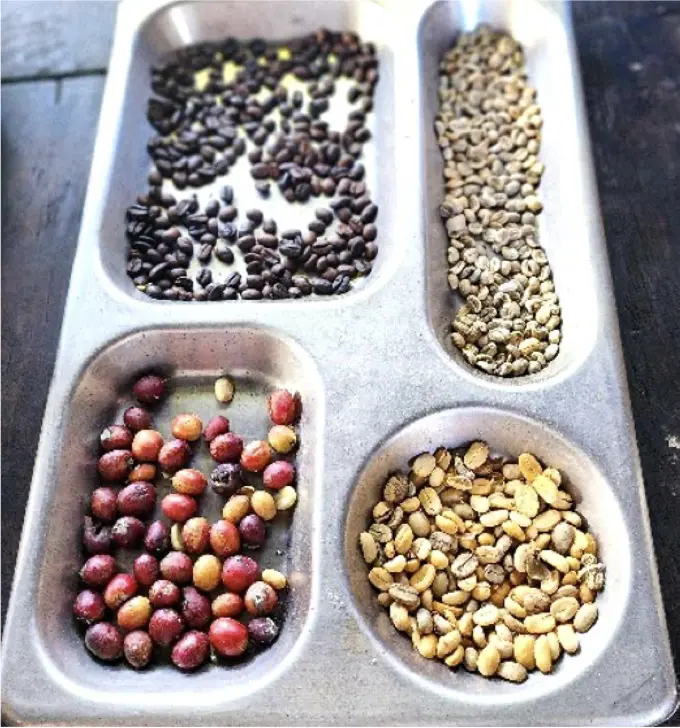By Fr. Robert Kinnally
On December 14, 1936, the play “You Can’t Take It with You” by Moss Hart and George S. Kaufman opened at the Booth Theater in New York City. In the living room of the upper west side home of the Vanderhof Family, plays are written, snakes are charmed, and a budding ballerina dances her way through scene after scene. Tony Kirby, the son of a successful business man, is engaged to Alice, one of the eccentric, life-loving Vanderhof clan. When Tony’s parents visit, their formal, upper-crust lifestyle is shaken by the quirky Vanderhof’s who see life through a free-spirited lens. Grandpa Vanderhof challenges Mr. Kirby — who suffers from chronic indigestion — that his problems come from the fact that he works hard at attaining goals that are meaningless: “You have enough money…why are working to get more? After all, you can’t take it with you!”
In a few different sections of the New Testament Letter to Saint James, the reader is challenged with one of those major life questions: Why are you collecting things and not doing what is really important – working toward true joy in this life and preparing for true joy in Heaven?! The passage seems harsh in its overt criticism of those who are wealthy for the sake of being wealthy, but it begs all of us to do an accounting of what we deem important in life so as to assess our readiness to live life abundantly now and in the life to come. Such an accounting is best done in the depths of the heart in moments of prayer, free of the distractions that clutter mind and soul. Put another way, if we have too much, worry too much, or try to control too much, we may miss the simple pleasures and truths of this life and the next.
In my sister’s house, where she rules supreme in all matters of spring cleaning, there is a rule about “stuff”: If you haven’t worn it, used it, or touched it in a year, give it away. In our relationship with God, if we haven’t asked God what he wants us to do with our lives, if we know what that is yet haven’t worked toward doing it, we will have spiritual indigestion – that unsettled feeling of spinning our wheels and jumping from one thing to the next and feeling unsatisfied, and restless.
In that oft misunderstood Gospel passage where Jesus suggests we should cut off limbs that give us trouble, He employs the strong, exaggerated rabbinical pedagogy of the time to encourage the listeners to rid themselves of anything that gets in the way of listening to God, doing what God wants us to do, and living for others! Jesus expresses the need to get this done with a tone of great urgency, because the Kingdom of God is at hand and because he genuinely wants us to live now (and later) the beautiful life He had planned for each one of us from the beginning. And we shouldn’t let any of our “stuff” get in the way.
The comedian George Carlin had a famous stand-up routine where he talked about “stuff” and how humans collect, treasure, and carry with them all kinds of “stuff.” He relayed how we all have our own “stuff” that we have in our own houses and when we go to visit someone for a few days, we pack up too much of our own “stuff” to take with us to our friend’s house where we soon discover that there is barely any room for our “stuff” because our friend has his own “stuff.” The constant repetition of the word “stuff” is a big part of the comic punch, but it drives home the point that we always need to travel lighter, keep things simple, and pay attention to the people in front of our eyes without our “stuff” getting in the way of relationships. The social commentary of the comic story smacks of “Why have so much? You can’t take it with you!”
So as this spring continues to unfold, let’s go through our “stuff” and free ourselves of the clutter that prevents us from being truly free to experience God’s love for us. WE need to put down our devices and be truly present to the other. Sitting in our uncluttered, unfettered space, let us ask God to just love us and lead us. From there we can give ourselves to those who need our loving, undivided, uncluttered attention.
Rev. Robert M. Kinnally
Saint Aloysius Parish

